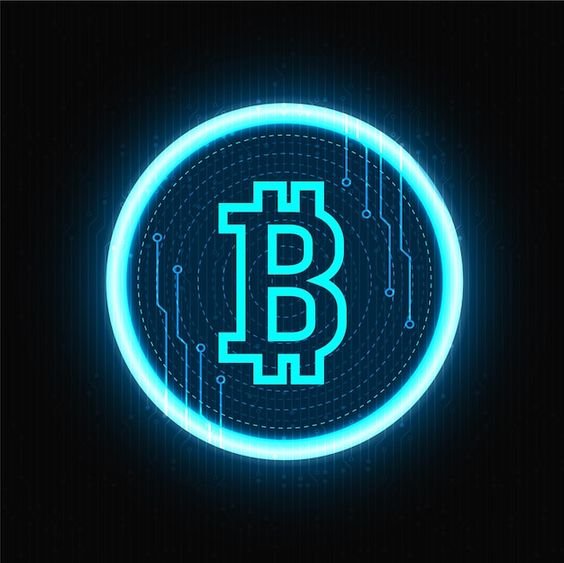OpenAI, a leader in artificial intelligence, is now exploring the integration of blockchain technology into its AI models and services. This potential convergence of AI and blockchain could lead to more secure, decentralized, and transparent AI applications. While OpenAI has not yet fully detailed its plans, industry experts predict that the company is investigating blockchain’s potential for data integrity, decentralized AI governance, and secure transactions.
Why OpenAI Is Interested in Blockchain?
The increasing reliance on AI-generated content, smart automation, and digital transactions has sparked concerns over trust, security, and data ownership. Blockchain technology offers solutions to these challenges through decentralization, transparency, and immutability. OpenAI’s potential move into blockchain integration could address critical issues such as:
- Data Security and Integrity
AI models rely on vast amounts of data for training. Blockchain can ensure tamper-proof datasets, preventing bias, data poisoning, or misinformation in AI-generated outputs. - Decentralized AI Governance
By leveraging blockchain-based smart contracts, OpenAI could develop more democratic AI models where communities, rather than a single entity, influence decisions. - Monetization and Fair Compensation
Blockchain integration could enable micropayments and decentralized royalties for AI-generated content, ensuring fair rewards for content creators and data contributors. - Transparency in AI Decisions
AI models sometimes act as black boxes, making it difficult to trace decision-making processes. A blockchain-based audit trail could provide verifiable AI outputs, increasing user trust.
Potential Use Cases of OpenAI and Blockchain Integration
1. AI-Powered Smart Contracts
Smart contracts are self-executing agreements that rely on predefined rules. OpenAI could enhance these contracts by embedding AI-driven decision-making, enabling contracts that adapt based on real-time market conditions, user behavior, or predictive analytics.
2. Secure and Verifiable AI Training Data
One of the biggest challenges in AI development is ensuring that training data is accurate and unbiased. Blockchain could serve as a decentralized data ledger, verifying the source and authenticity of datasets used to train AI models.
3. Decentralized AI Marketplaces
OpenAI could create a blockchain-based AI marketplace where developers and businesses can access AI models without intermediaries. Users could pay with cryptocurrencies or tokens for AI-generated services, ensuring transparent transactions.
4. AI-Powered DeFi Solutions
Decentralized finance (DeFi) relies on blockchain networks to operate financial services without banks. AI-powered analytics integrated with blockchain could optimize DeFi lending, trading, and risk assessment, making decentralized financial services smarter and more efficient.
5. Content Authentication for AI-Generated Media
With the rise of deepfakes and AI-generated text, verifying authenticity has become crucial. OpenAI could use blockchain to timestamp AI-generated content, allowing users to trace the origin of digital media and distinguish between AI-generated and human-created content.
Challenges in OpenAI’s Blockchain Adoption
Despite the potential benefits, integrating blockchain into OpenAI’s ecosystem presents several challenges:
1. Scalability Issues
Blockchain networks, particularly those using Proof of Work (PoW), face scalability constraints. AI models require vast computational resources, and on-chain AI processing could be slow and expensive.
2. Regulatory Uncertainty
Governments are still defining policies on cryptocurrency and blockchain applications. OpenAI must navigate these evolving regulations to ensure compliance.
3. High Energy Consumption
Some blockchain networks consume excessive energy, conflicting with OpenAI’s efforts to develop sustainable AI solutions. Integrating with energy-efficient blockchains, such as Proof of Stake (PoS) or Layer 2 solutions, could be essential.
4. Privacy Concerns
Blockchain is transparent by nature, but AI applications often involve sensitive user data. OpenAI would need to find a balance between transparency and user privacy while integrating blockchain technology.
Is OpenAI Developing Its Own Blockchain?
There is speculation that OpenAI might develop its own blockchain infrastructure or partner with existing blockchain networks. Some analysts believe OpenAI could:
- Launch a blockchain-powered AI token to facilitate decentralized transactions.
- Integrate with Ethereum-based smart contracts for AI-driven automation.
- Collaborate with Web3 projects to enhance decentralized AI applications.
While OpenAI has not officially confirmed any blockchain initiatives, ongoing developments in Web3 and AI suggest that a partnership between the two is inevitable.
What’s Next for OpenAI and Blockchain?
If OpenAI moves forward with blockchain integration, it could reshape the future of AI applications by introducing decentralized governance, verifiable data sources, and secure AI monetization models. With blockchain technology evolving rapidly, OpenAI’s involvement could accelerate mainstream adoption of decentralized AI.
For now, industry experts are closely watching OpenAI’s next move, as blockchain integration could mark a significant shift in how AI is developed, accessed, and trusted in the digital world.
ALSO READ: What Is Real-World Asset (RWA) Tokenization?




